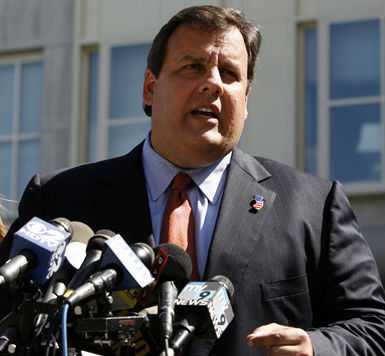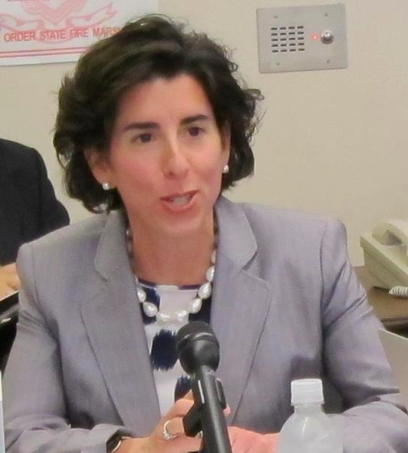Labor groups and others in Phoenix are expressing outrage over a pension reform proposal – titled Proposition 487 – that would shift all new hires by the city into a new, 401(k)-style plan as opposed to the traditional pension plan that workers currently belong to.
The critics claim the new plan would cut benefits for disabled workers cut death benefits, as well. Reported by the Arizona Republic:
Opponents of a ballot initiative to end Phoenix’s employee pension system are raising concerns it could curb benefits for disabled city workers and the survivors of dead police officers and firefighters.
[…]
The message comes as Phoenix’s firefighter union has jumped full force into the effort to persuade voters to reject the initiative in the Nov. 4 election, putting up hundreds of “NO! ON 487″ signs across the city and campaigning door-to-door.
Fire Fighters Opposed to Prop. 487, a political committee, recently posted a photo of a fireman’s daughter on its Facebook page, saying, “If Prop. 487 passes and the unthinkable were to happen to her dad at work, Claire and her mom would receive nothing. Taking line-of-duty death benefits from firefighters and police officers is simply wrong.”
As it stands, the family of a city employee who dies prematurely can receive a portion of his or her pension as a death benefit. An employee who is injured can retire early and collect a portion of his or her pension.
Supporters of the reform initiative claim that critics are trying to distract voters from the real issue: the sustainability of the city’s pension system. From the Arizona Republic:
Supporters of the initiative, also known as the Phoenix Pension Reform Act, contend the arguments about disability retirement and death benefits for first responders is a red herring meant to distract voters who have the chance to stop a costly pension system. The city’s costs for the pensions of civilian workers have soared to $129 million this year, up from $27.8 million in fiscal 2002.
Voters will vote on the ballot initiative on November 4.









